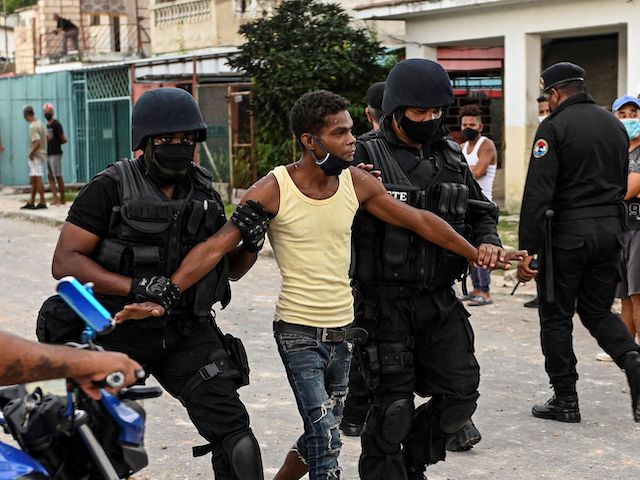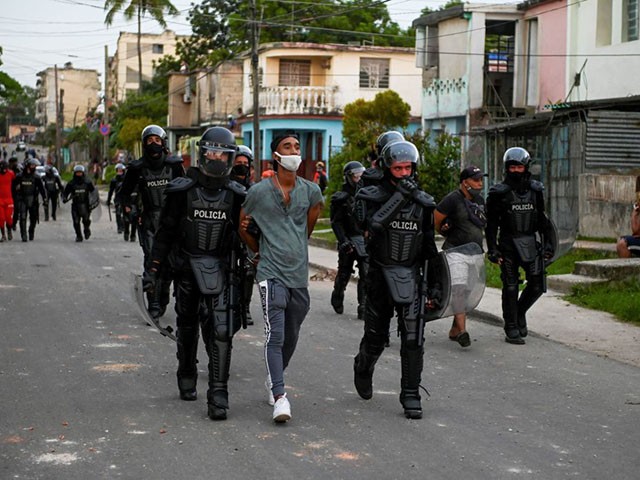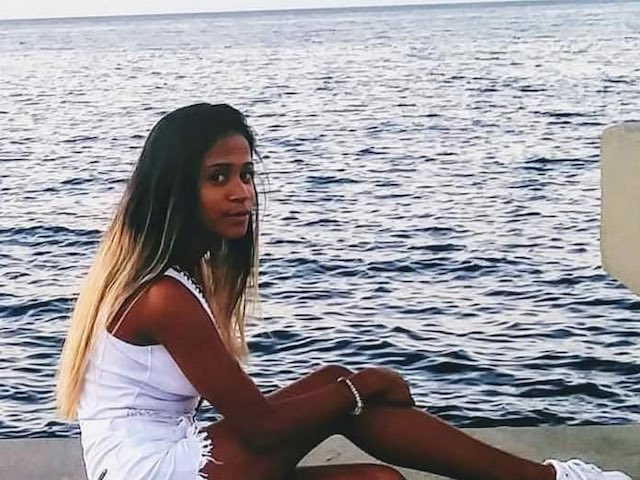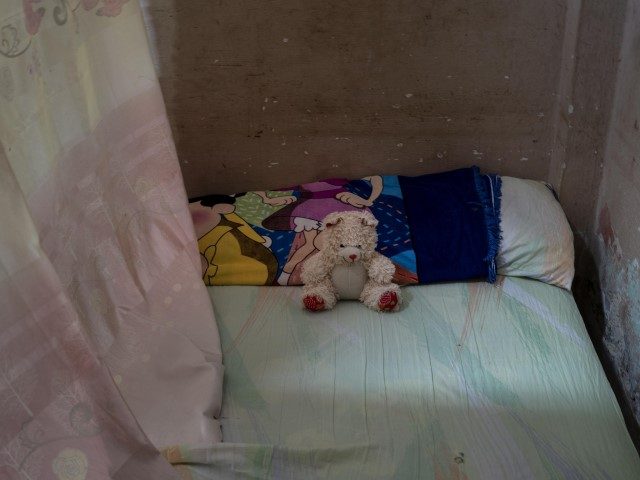Cuba’s top court sentenced two 16-year-olds to a decade in prison and a 17-year-old to nearly twice that this week, accusing them of “grave disturbances and acts of vandalism” at the peaceful, nationwide anticommunist protests on July 11, 2021.
Cubans took to the streets to call for an end to the 63-year-old Castro regime in nearly every municipality in the country that day; human rights groups estimate that as many as 187,000 people marched for freedom nationwide. While not unprecedented – Cuban democracy groups and individual protesters, and the corresponding violence they endure at the hands of the state, have been a staple of the regime since Fidel Castro seized power – the protests were the largest in recent memory and notable for the large number of children and civilians unaffiliated with established opposition groups who took part. The protests also attracted outsized violence, including violent door-to-door raids in which some suspected protesters were shot in front of their families.

A man is arrested during a demonstration against the government of President Miguel Diaz-Canel in Arroyo Naranjo Municipality, Havana on July 12, 2021. (YAMIL LAGE/AFP via Getty Images)
The Supreme Court of Cuba issued a release on Wednesday announcing the fates of 129 people prosecuted for participating in the July 11 protests. As Miami’s El Nuevo Herald reported on Friday, among the names were two 16-year-olds, Giuseppe Belaunzarán Guada and Brayan Piloto Pupo, sentenced to ten years in prison for alleged public disturbances and vandalism. A 17-year-old, Kendry Miranda Cárdenas, received a 19-year prison sentence on charges of “sedition.” Prosecutors had initially asked for ten years in prison for Miranda. Two 18-year-olds, Rowland Jesús Castillo Castro and Lázaro Noel Urgelles Fajardo, were sentenced to 18 and 14 years in prison, respectively, even though they were 17 and thus underage when they were arrested. Prosecutors had asked for 12 years in prison for Castillo and ten for Urgelles.
“The government affirms that they are not minors because the Cuban penal code allows trying 16-year-olds as adults,” El Nuevo Herald noted. “But other laws identify the legal age of adulthood as 18.”
Adults on the list the Supreme Court published received as many as 30 years in prison for alleged involvement in the protests. Human rights groups have documented at least 1,442 arrests since July 11 related to the protests, but all warn that the tally significantly undercounts the true toll, as many remain missing or were taken into regime custody without any official criminal charges or documentation.

A man is arrested during a demonstration against the government of President Miguel Diaz-Canel in Arroyo Naranjo Municipality, Havana on July 12, 2021. (YAMIL LAGE/AFP via Getty Images)
The Supreme Court listed two sets of alleged crimes that it appeared to attribute to all 129 people in its press release, one set occurring on July 11 and another on July 12. In the first, the court claimed, “they threw rocks and bottles at various officers, agents of internal order, National Revolutionary Police stations, police cars; they overturned a motorcycle and cars belonging to [the government] and injured others and caused great material harm.”
In the second set of incidents, the Supreme Court claimed an unspecified number of the 129 defendants “threw rocks, sticks, bottles, and Molotov cocktails at agents of the Ministry of the Interior and others workers at state institutions.” Of the 129 people, only one escaped elevated charges of “sedition,” according to the statement.
Families of the accused denounced the sentences on Thursday, insisting that prosecutors did not present sufficient evidence in the cases of their loved ones.
“We were so desperate to receive the sentences, thinking that they would lower then and then we could appeal,” María Teresa Pérez, Castillo’s grandmother, told the U.S.-based Martí News. “We did not expect them to increase the sentence.”
The mother of one of the young adults sentenced to 15 years in prison, 20-year-old Brusnelvis Adrián Cabrera Gutiérrez, told Martí News that he did not participate in the July 11 protests at all and that the photos prosecutors used to “prove” that he was there showed an entirely different person.
Migdalia Gutiérrez noted that the man in the photos that prosecutors alleged to be Cabrera clearly lacked tattoos on his hand. Her son, she explained, has very visible tattoos and several witnesses testified to seeing him elsewhere that day at the time of the alleged “crimes.”
Cabrera’s situation is not unprecedented; authorities reportedly arrested many individuals, including children, for being in the vicinity of a protest on July 11. In one particularly harrowing account, police arrested 17-year-old Gabriela Zequeria Hernández in Havana as she attempted to return home from a hairdresser appointment. Police sentenced her to eight months of house arrest for being near a protest.

“#SOSCuba I just talked to the mother of Gabriela Zequeira Hernández, 17, arrested during the July 11 protests in Havana. Her mother Yoanis was only allowed to see her after the sham trial yesterday. Gabriela, a student with no priors, has been sentenced to 8 MONTHS in jail. #Cuba” (@LeyvaMartinez24/Twitter)
Following her return home, Zequeria stated in an interview with the independent outlet Cubanet that she simply stopped to look at the protests from afar on her way home because she’d “never seen a protest so big, such a big crowd of people.” She said that, during custody, she was threatened with being processed as an adult, forced to endure a humiliating strip search, and threatened with rape by prison guards.
Zequeria noted in the interview that, while she had no overt political opposition to the regime before the arrest, she is now a dissident.

COMMENTS
Please let us know if you're having issues with commenting.